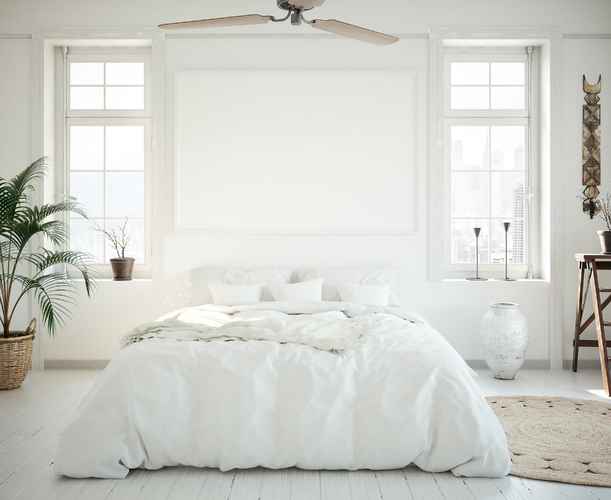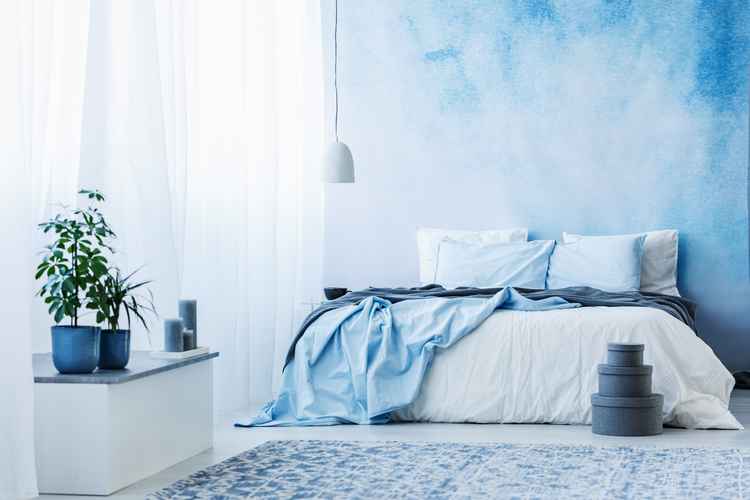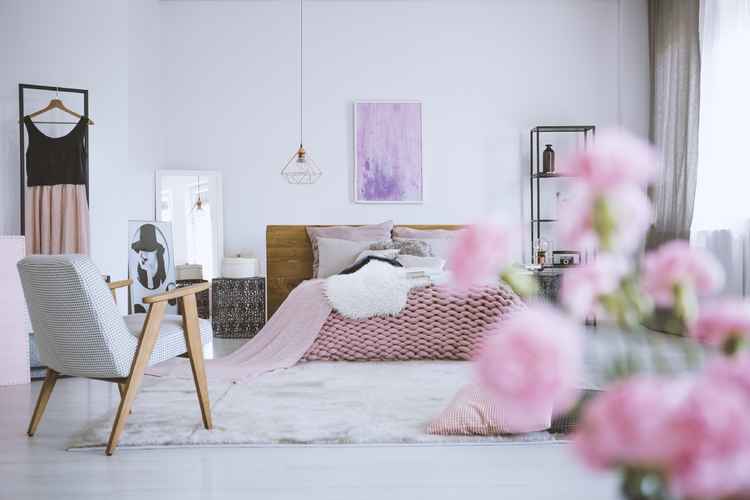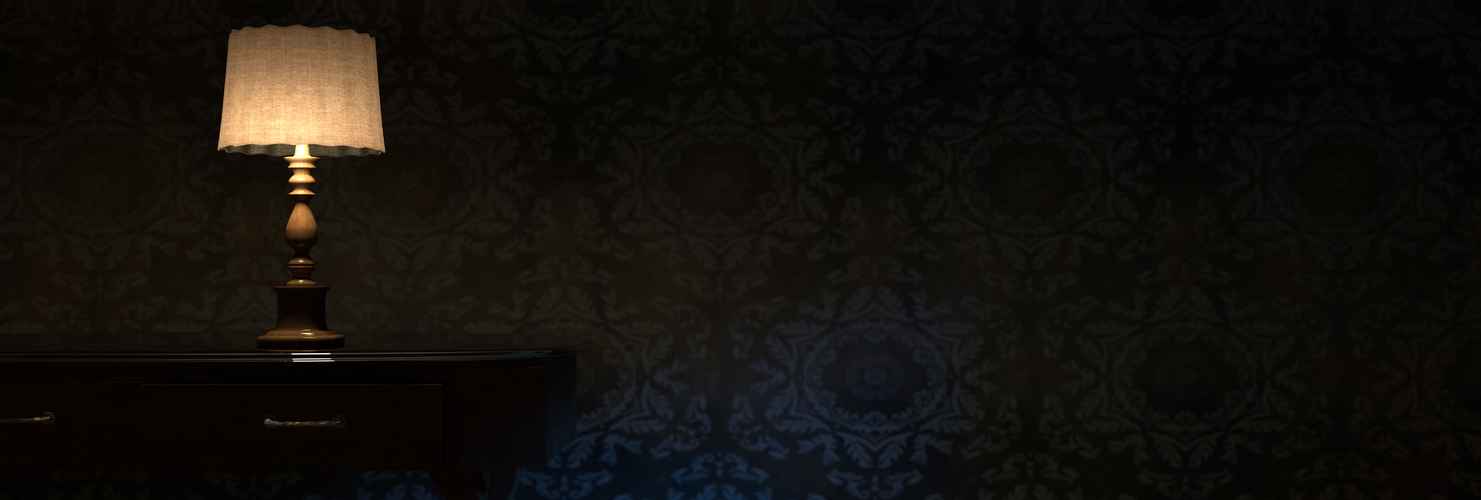MIND & BODY AFTER 50
SLEEP
Promoting Alzheimer's Disease!
Here’s still more research linking sleeping pills to increased risk for dementia and Alzheimer's Disease!
Why this research disturbs me
This paper was published earlier this year in the medical journal, Journal of Prevention of Alzheimer’s Disease. It’s a well-designed study, with convincing evidence that seems to show sleeping pills are linked to dementia and Alzheimer’s disease.
Public health surveys indicate about 14% of women over 45 take sleeping pills ‘most nights’. Even more tak…
Is poor sleep a cause for mental health problems?
Here's surprising new research published recently in 2021. It shows that poor sleep can be the cause of mental health problems!
This is a new perspective. Until recently, medical science usually considered a person’s poor sleep to be a part of their mental health problem. Poor sleep was a symptom, caused by the mental health problem.
But this study considers that poor sleep can sometimes be the cause of a mental health problem, not just a symptom.
That's extra significant because sleep an…
Your Amazing Brain!
Maiken Nedergaard is a charming Danish neuroscientist who has changed sleep science forever — and she has helped explain why Alzheimer’s disease is connected to poor sleep!
Your brain’s ‘glymphatic system’
In 2013, Dr. Nedergaard revealed her discovery of the ‘glymphatic system’ — your brain’s amazing system to cleanse itself during sleep.
Every night, during deepest sleep, the ‘astroglial’ cells of your brain actively shrink in size and arrange to form special channels that open wide. T…
How's Your Sleep?
Do you have sleep problems? If you’re saying ‘yes’, you’re certainly not alone!
Women often experience disturbed sleep during the perimenopausal years, and, by the age of 60, almost half say their sleep is a problem, at least from time to time.
Usually, this is just occasional sleeplessness — maybe caused by a work deadline, or a noisy neighbour, or a headache, or too much coffee, etc. etc. The woman feels tired, but, eventually her mind-body rebalances, and she’s back to regular restorati…
Why you want plenty of sleep!
Sleep scientists used to be mild-mannered folks.
They usually stayed in the background, busy measuring brain-waves and lecturing at the university. They wrote scholarly articles to be read mainly by fellow-scientists -- and the occasional medical student like me, years ago.
But recently, that’s changed.
Modern sleep scientists now speak out publicly, sounding the alarm. They say our society suffers from chronic sleep deprivation. We risk serious health problems in the years ahead.
The sle…
Sleep procrastination?
Do you find yourself delaying sleep? It’s your bedtime, but you stay awake for no definite reason?
Scientists call this ‘sleep procrastination’.
Maybe you’re busy online or you’re watching screen-based entertainment? Maybe you’re checking your devices, reacting to messages, etc? You’re busy reading this... watching that... Caught up in vaguely purposeless activity that absorbs your attention. Time goes by and you don’t go to bed.
You may even be in bed, but still you keep looking at an e…
Your body prefers a regular pattern of sleep!
Do you realize how much your body appreciates routine?
The body seems to prefer that we be regular in our daily activities -- that we do the same activities, at the same time, every day.
Here's important new research that shows the health risks associated with being irregular, especially the risks of sleep irregularity.
This 2023 study was published in the Journal of the American Heart Association. [1] Scientists found that people’s heart health is undermined if they have the habit of an …
Hyperarousal, Sleep, and Mindfulness
What is ‘Hyperarousal’?
Hyperarousal is a common mind-body state — so common that people often experience hyperarousal as ‘normal’! But science shows us that habitual hyperarousal is unhealthy for mind and body.
Hyperarousal refers to stress reactivity — especially the physical side of stress reactivity. When people get stressed, their body goes into hyperarousal.
The body is ‘on alert’ — with muscle tension, changes in blood pressure and heart activation patterns, characteristic effects…
Sleeping less than 6 1/2 hours?
Sometimes people ask me: “How much sleep should I be getting?”
That’s a hard question. Science usually depends on the statistics of what’s true for many people — but you’re a unique individual. No law can be applied to you. You sleep as you sleep!
But here’s a study that will help you consider if your body needs more sleep.
The Study
This research paper was published last year in the respected Journal of the American Medical Association - Neurology. It’s from a large multinational study…
Turn out the lights!
Did you know? Your body is very sensitive to nighttime light. Here’s two surprising studies that could change the way you sleep.
In 2017, American researchers published a study involving more than 43,000 women (average age 55 years). Their health and lifestyle had been followed for about 5 years. Researchers discovered that women who sleep with artificial light at night have an increased risk for significant weight gain and obesity.
“In particular, sleeping with a light or television on in…











